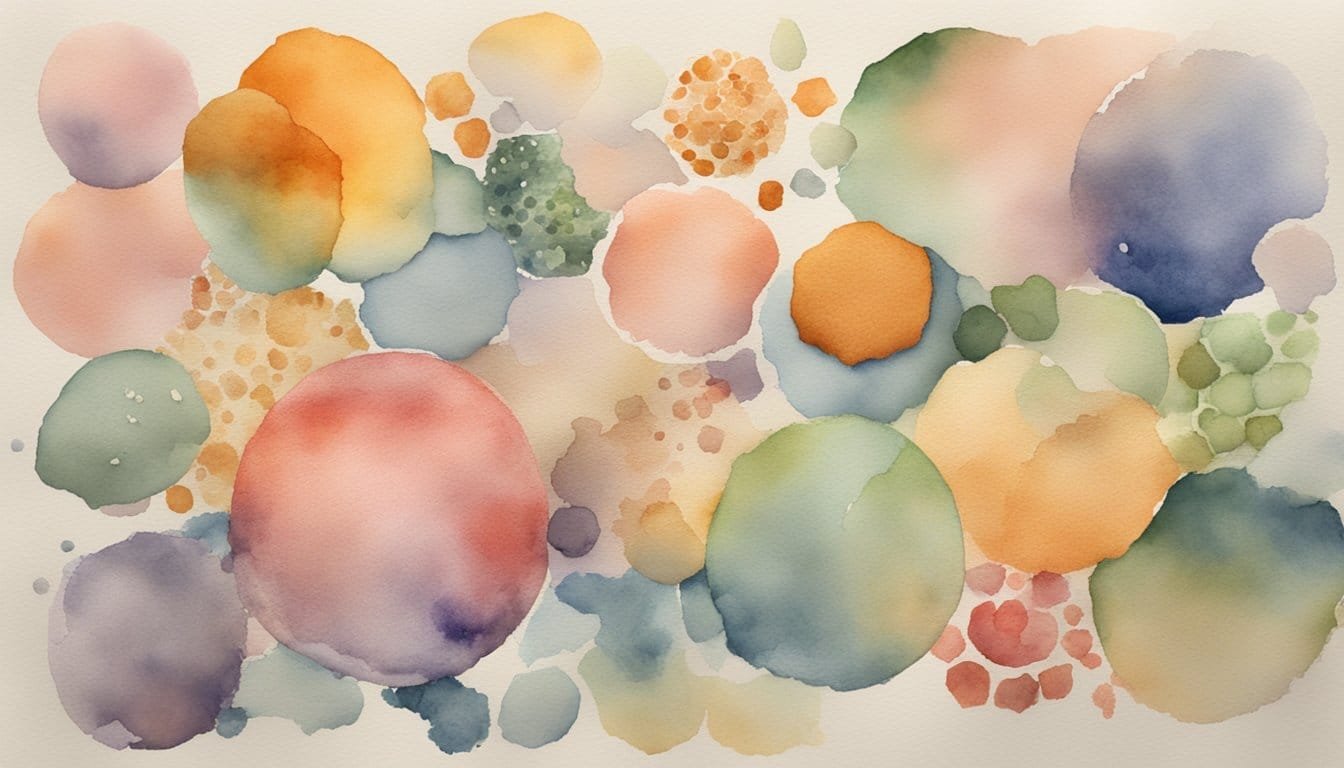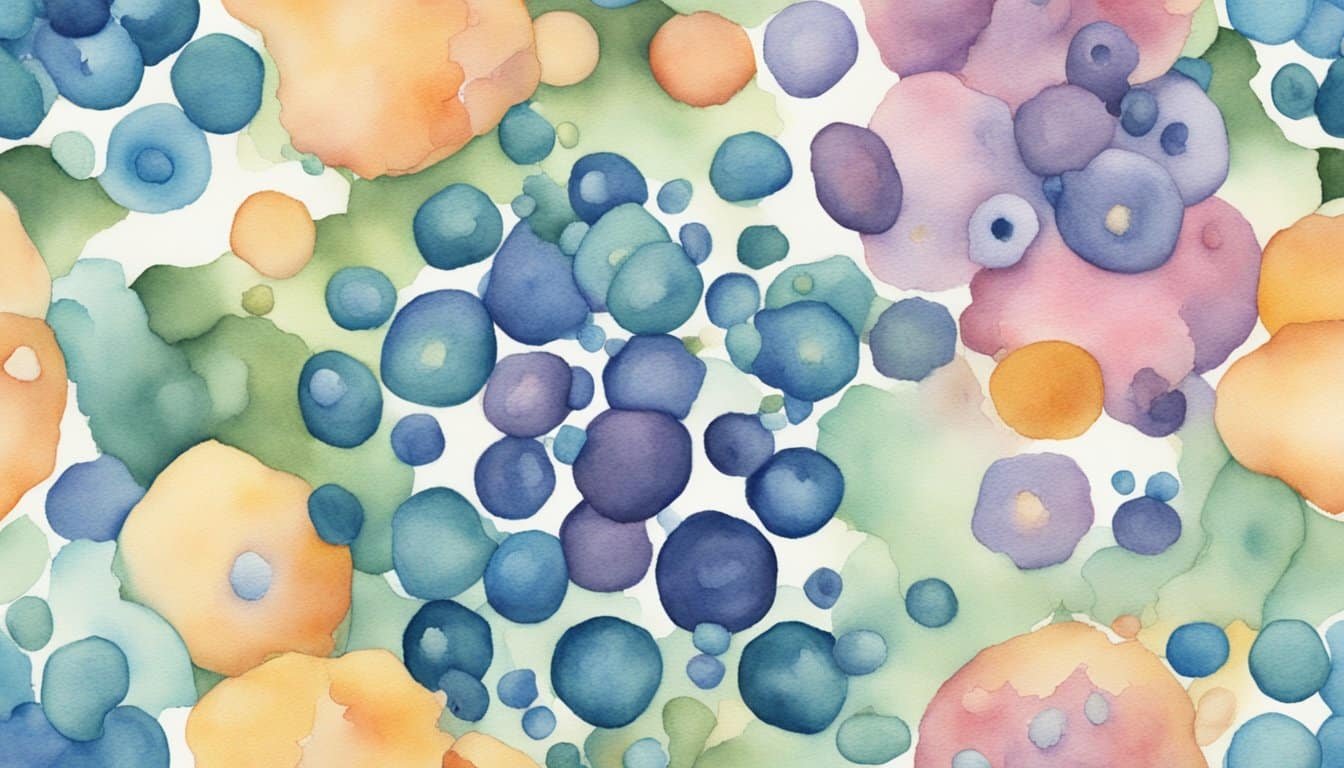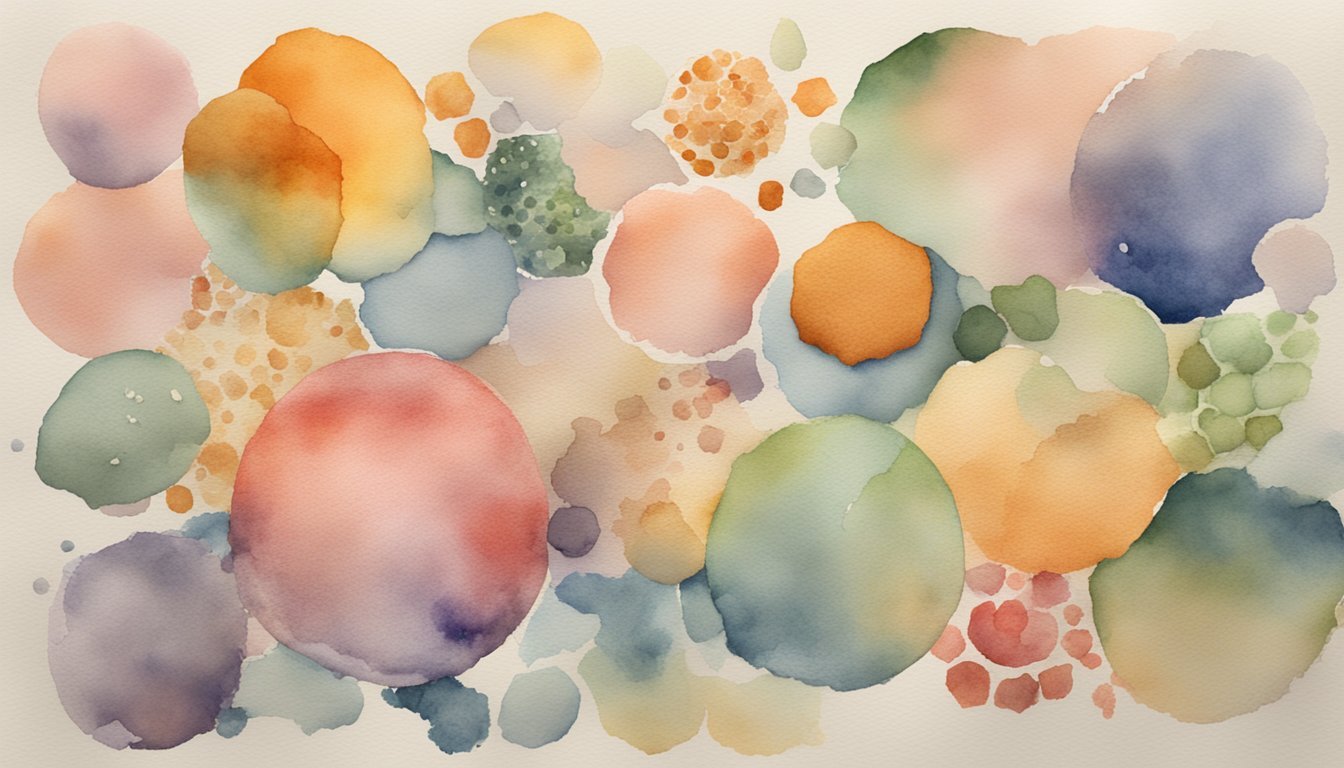Understanding Itch: Causes and Triggers
Itches, or “pruritus,” can turn a serene moment into an uneasy experience. Pinpointing their causes and triggers is a crucial step in finding relief.
Common Skin Conditions and Itch
Skin conditions like eczema and psoriasis are notorious for causing a relentless itch. The skin becomes inflamed, typically leading to redness and a rash that just begs to be scratched. In eczema, a faulty skin barrier is to blame, allowing irritants to penetrate more easily and causing an itch-scratch cycle. On the other hand, psoriasis involves an overproduction of skin cells, leading to scales that are itchy and sometimes painful.
Internal Factors Affecting Itch
Beyond the skin itself, a myriad of internal factors contribute to the sensation of itch. Systemic issues such as thyroid disease can manifest as itchy skin. Medications can also instigate an itch, a side effect sometimes overlooked. Serotonin and other chemicals released in the body may play a role in neurological or neuropathic itch. The nervous system, when out of balance, can send incessant itch signals even without external triggers.
External Triggers and Environmental Factors
The world around us is laden with potential itch provokers. Everything from insect bites from mosquitos to bug bites from bedbugs can cause allergic reactions on the skin. Contact dermatitis, for example, occurs when the skin touches an irritant like certain soaps or allergens such as poison ivy. Even food allergies can lead to skin manifestations, including itch. Simple environmental factors such as dry weather can strip the skin of moisture, leading to dryness and irritation.
Itch Management and Treatment Options

Itching can be more than just a minor annoyance; it’s a sensation that can indicate a variety of underlying causes, from dry skin to systemic illness. Effective management and treatment extend from over-the-counter remedies to professional medical care, ensuring relief and comfort.
Over-the-Counter Solutions and Medications
For immediate relief, individuals often turn to over-the-counter (OTC) solutions. Anti-itch creams containing hydrocortisone are widely used to alleviate itching, especially when it involves red and inflamed skin.
- Antihistamines, like diphenhydramine (commonly known as Benadryl), can provide relief for itchiness caused by allergic reactions.
- Moisturizers are essential for treating dry skin, a common itch trigger, by hydrating and repairing the skin barrier.
One should be mindful of the potential side effects and always follow the recommended dosages, as overuse of some products like steroids and antihistamines can lead to further complications.
Natural Remedies and Preventive Care
The importance of preventive care can’t be overstated when managing itch, with a focus on avoiding known triggers such as wool or certain cosmetics. Maintaining a good skincare routine with sufficient hydration can reduce the need for more intensive treatments.
Here are some gentle, home remedies and preventive strategies for itch relief:
- Aloe vera and calamine lotion soothe irritated skin, offering a cooling sensation.
- Colloidal oatmeal baths can calm inflamed skin and provide a barrier against irritants.
Adopting stress-relieving activities such as yoga or meditation may help reduce itchiness linked to psychological conditions like anxiety or depression, as stress can exacerbate the sensation of itching.
When to See a Dermatologist
When OTC treatments and home remedies don’t bring relief, or if the itch is severe, widespread across the whole body, or accompanied by systemic symptoms like fever or weight loss, it’s time to consult a dermatologist. They can diagnose and treat chronic conditions, such as psoriasis or eczema, which may present with symptoms like scaly patches or persistent itching.
Skin conditions like scabies or contact dermatitis require professional medical treatment; thus, seeking expert advice ensures correct diagnosis and management. If itch is accompanied by psychological symptoms, such as in cases of psychogenic itch or obsessive-compulsive disorder, a comprehensive approach that includes mental health care may be necessary.
Specific Conditions and Itch Considerations

Itch or pruritus can significantly affect a person’s quality of life and is often an indicator of underlying conditions. From chronic illnesses to psychological factors, understanding the triggers is key to effective management.
Itch in Chronic Illnesses and Infections
Chronic diseases such as liver disease, kidney disease, and diabetes can lead to systemic itchiness. For instance, the build-up of toxins in cases of liver disease or elevated blood sugars in diabetes can cause widespread itchy skin. Infections like HIV and shingles also have itch as a symptom, with the neurobiology of itch being particularly relevant in such conditions. These illnesses often affect the skin directly or disturb nerve endings, leading to a neuropathic itch.
Age-Related Itchiness and Skin Health
As people age, their skin changes—becoming drier, less elastic, and more susceptible to itch-inducing conditions. Chronic pruritus, a common affliction among the elderly, can stem from age-related skin health degradation. Conditions like thyroid diseases, which can alter the skin, can also cause itchiness. The protective barriers of the skin weaken, making it more sensitive to external factors like air and sun, thereby increasing itchiness.
Itch and Psychological Factors
There’s more to itching than just physical causes. Psychological factors such as anxiety and depression can manifest physically as itchy skin, often complicating the diagnosis and management of itch. Stress can exacerbate conditions like eczema, leading to an itch that aggravates the stress, creating a cycle. Serotonin, a neurotransmitter primarily known for regulating mood, has been implicated in the sensitization to itch, connecting emotional wellbeing to skin sensations.

